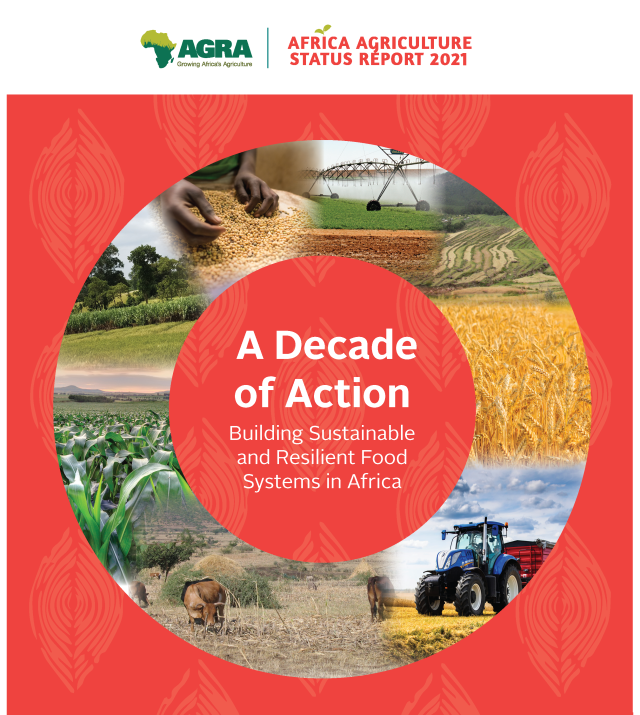Poverty Eradication and Food Security Through Agriculture in Africa

Agriculture in Africa is expected to meet the dual objectives of providing food and helping people to escape poverty. African agriculture is dominated by smallholdings and donors generally target their agricultural support at the smallholder sector. The expectation is that if the gap between actual and potential yields can be closed, smallholders will grow sufficient crops to feed their families, with a surplus to sell, thus meeting food security needs and bringing in an income to move them out of poverty. In practice, this is often not possible. While technologies already exist that can raise smallholder farmers’ yields 3 or 4 times, even under rainfed conditions, the small size of land available to them limits how much can be grown and the per capita income from agriculture is insufficient to allow people to move above the current World Bank-defined poverty line of US$1.90 per day. We link this finding with farmer typologies to further explain that there are large differences between individual farming households themselves in terms of their investment incentives and capability to benefit from field-level technologies that are aimed at increasing farm productivity.

